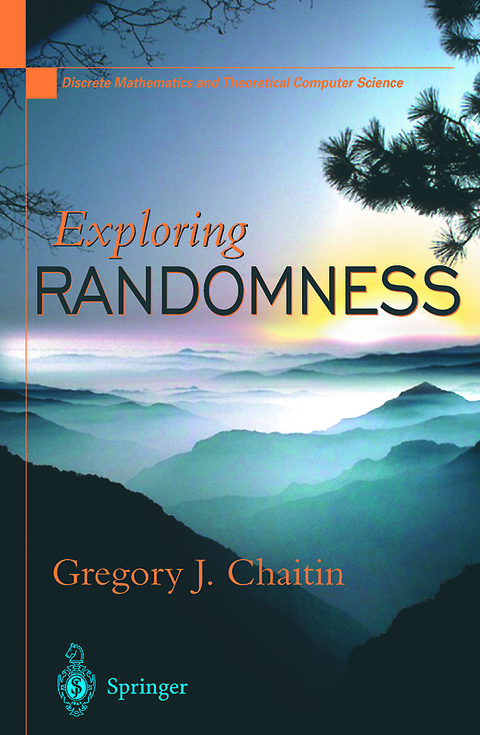
Exploring RANDOMNESS
Springer London Ltd (Verlag)
978-1-4471-1085-9 (ISBN)
I Introduction.- Historical introduction—A century of controversy over the foundations of mathematics.- What is LISP? Why do I like it?.- How to program my universal Turing machine in LISP.- II Program Size.- A self-delimiting Turing machine considered as a set of (program, output) pairs.- How to construct self-delimiting Turing machines: the Kraft inequality.- The connection between program-size complexity and algorithmic probability: H(x) = ? log2P(x) +O(1). Occam’s razor: there are few minimum-size programs.- The basic result on relative complexity: H(y?x) = H(x,y)-H(x)+O(1).- III Randomness.- Theoretical interlude—What is randomness? My definitions.- Proof that Martin-Löf randomness is equivalent to Chaitin randomness.- Proof that Solovay randomness is equivalent to Martin-Löf randomness.- Proof that Solovay randomness is equivalent to strong Chaitin randomness.- IV Future Work.- Extending AIT to the size of programs for computing infinite sets and to computations with oracles.- Postscript—Letter to a daring young reader.
| Reihe/Serie | Discrete Mathematics and Theoretical Computer Science |
|---|---|
| Zusatzinfo | X, 164 p. |
| Verlagsort | England |
| Sprache | englisch |
| Maße | 155 x 235 mm |
| Themenwelt | Mathematik / Informatik ► Informatik ► Programmiersprachen / -werkzeuge |
| Informatik ► Theorie / Studium ► Algorithmen | |
| Mathematik / Informatik ► Mathematik ► Wahrscheinlichkeit / Kombinatorik | |
| Schlagworte | Complexity • LISP • randomness |
| ISBN-10 | 1-4471-1085-4 / 1447110854 |
| ISBN-13 | 978-1-4471-1085-9 / 9781447110859 |
| Zustand | Neuware |
| Informationen gemäß Produktsicherheitsverordnung (GPSR) | |
| Haben Sie eine Frage zum Produkt? |
aus dem Bereich


